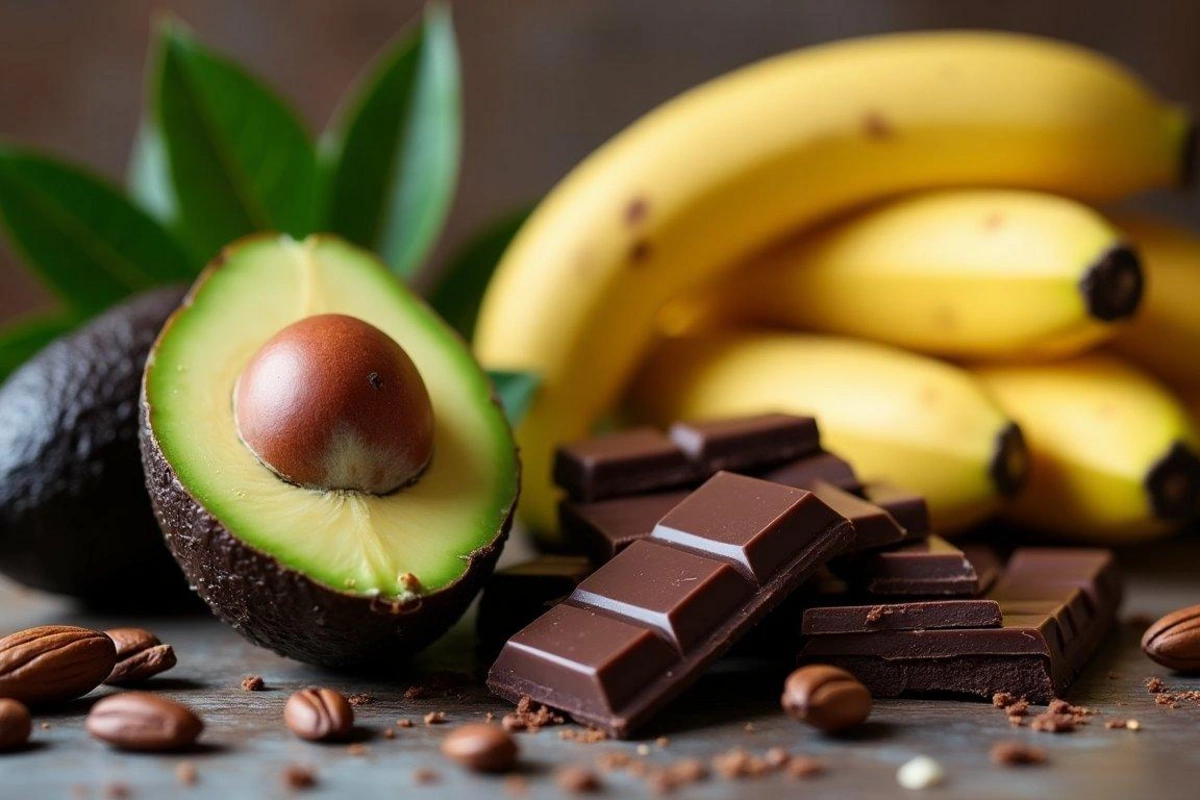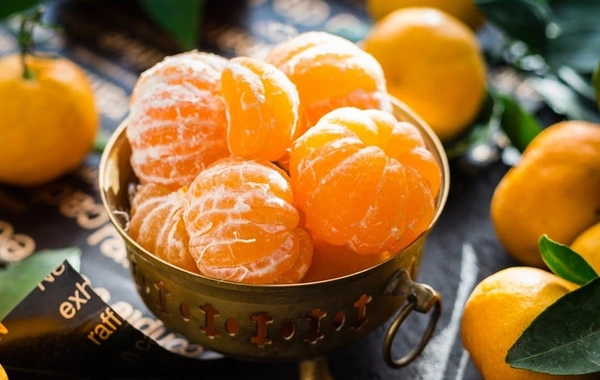They will help "forget" about stress: 9 foods that lower cortisol

Diet can affect stress levels, and certain foods help reduce it.
According to verywellhealth.com, citing research results, healthy eating habits that include fresh vegetables, fruits, whole grains, healthy fats, and lean proteins help the body better cope with stress.
Chronic stress and high cortisol levels can increase appetite and trigger cravings for unhealthy food. Specialists recommend limiting consumption of foods that can worsen stress: added sugar, saturated fats, caffeine, processed foods, alcohol, trans fats, red meat, fried foods, and unhealthy snacks (chips, cookies, etc.).
9 foods that lower cortisol levels
To help the body fight stress, experts recommend including the following foods in your diet:
- Dark chocolate – rich in antioxidants that protect cells from damage caused by oxidative stress.
- Avocado – contains magnesium that helps the body cope with anxiety, as well as fiber, B vitamins, and healthy fats.
- Fermented foods – support gut health, which is important for producing serotonin, associated with good mood and stress response.
- Bananas – a source of magnesium and tryptophan, necessary for serotonin synthesis.
- Spinach and leafy greens – rich in antioxidants (vitamins A, C, E) that promote brain health and reduce anxiety.
- Green tea – contains antioxidants that protect against oxidative stress.
- Fatty fish – rich in omega-3 fatty acids that reduce inflammation, support brain health, and help regulate cortisol levels.
- Lean poultry (chicken, turkey) – source of B vitamins necessary for brain function and stress hormone regulation.
- Eggs – contain protein, vitamins B6, B9, B12, and choline, supporting cognitive functions and emotional stability.
Proper nutrition can become an effective tool in fighting stress and contribute to overall well-being improvement.
Similar News
Scientists have determined when tea and coffee increase the risk of cancer development
Regular consumption of more than eight cups of very hot tea or coffee per day may significantly increase the risk of stomach cancer, Chinese scientists have fou...




 Azərbaycanca
Azərbaycanca  По-русски
По-русски  English
English 




